RER-3 - psychoeducational profile according to the TEASSN method
RER-3 is a psychoeducational profile for individual assessment of children with autism spectrum disorders (ASD) from 2 to 7.5 years. The TEASSN method, which is used in the assessment, makes it possible to assess the child's opportunities for learning, taking into account the developmental disorders due to the diagnosis.
The PEP-3 Psychoeducational Toolkit includes Specialist Assessment Sheets, Child Assignment Sheets, a stimulating picture book that allows the assessor to evaluate, and a range of stimulating items that vary in color. texture and shape. The kit includes instructions for a specialist on the prescribed testing methods and a guide for interpreting the data obtained.
During testing, the specialist evaluates:
- the level of development of communication skills;
- level of development of motor skills;
- the presence of maladaptive forms of behavior in a child with ASD;
- other pervasive developmental disorders.
For a more accurate diagnosis, the results are correlated with the information received from the parents or guardians of the child.
Test results allow:
- determine the child's belonging to the diagnostic group of autism or other pervasive developmental disorders;
- determine the level of development and adaptation of the child;
- draw up an individual training plan, taking into account the strengths and weaknesses of the child's development;
- to determine the level of effectiveness of training and psychological or pedagogical intervention in the development and rehabilitation of the child.
Psychoeducational profile PEP-3 was compiled by teachers and special psychologists based on the TEASSN methodology. The program has proven its effectiveness and data reliability by insisting on educating children with ASD in mainstream schools.
The PEP-3 methodology includes a large number of non-verbal tasks and provides for flexibility in the assessment process. The tasks in the program are divided into several levels, allowing for the assessment of children with different levels of development. The program combines the latest research on ASD to inform recommendations for correction, rehabilitation, and education.
Test duration: 60-90 minutes.
Our services
Our advantages
Choose the nearest clinic
ISO certificates
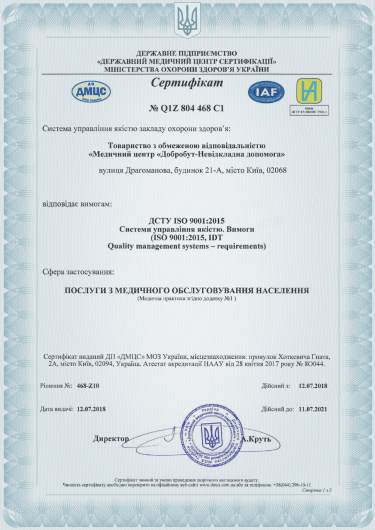
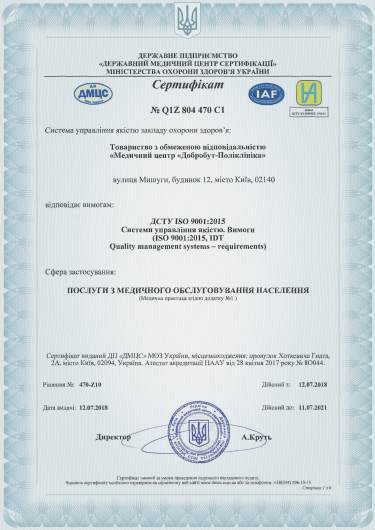
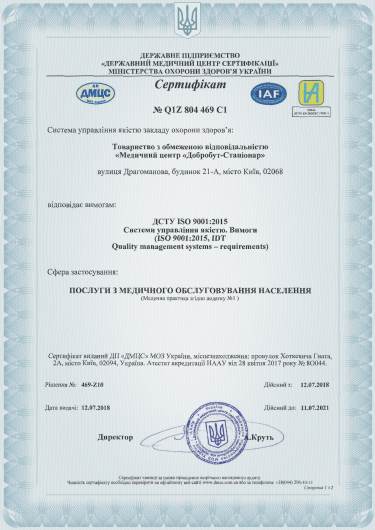
Accreditation certificates
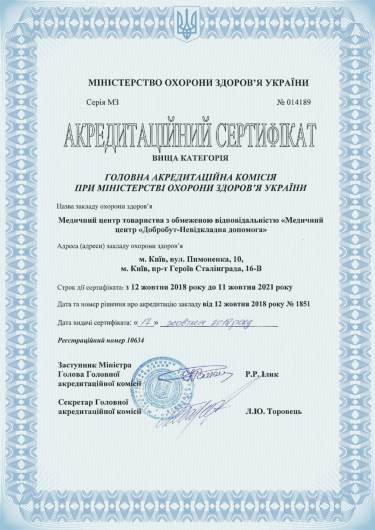
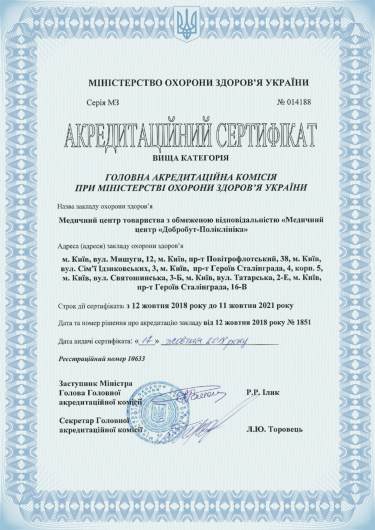
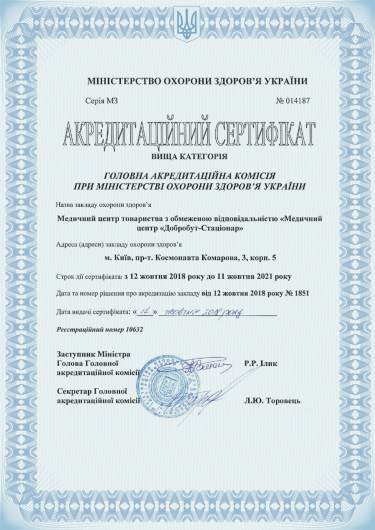
Licenses of medical practice
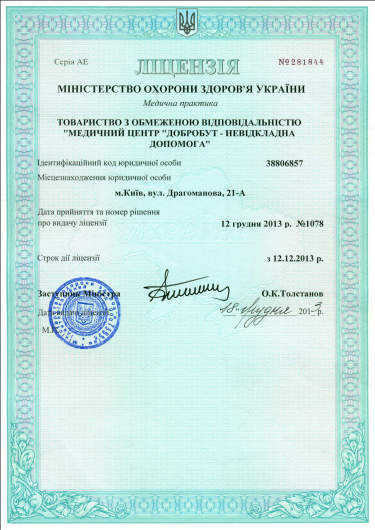
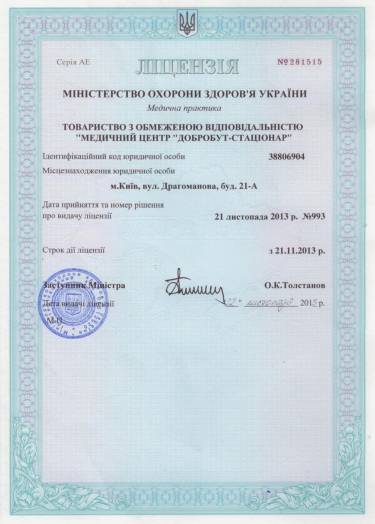
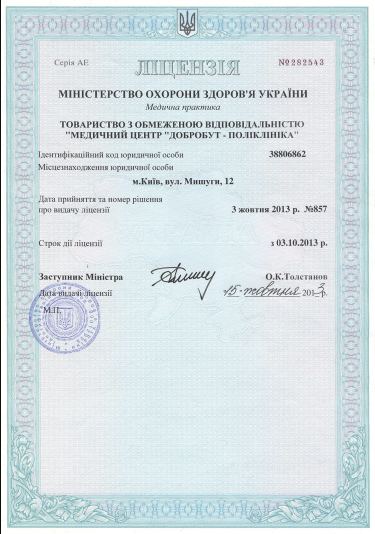



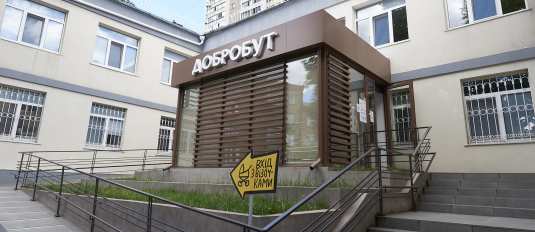






%402x.png)
%402x.png)
